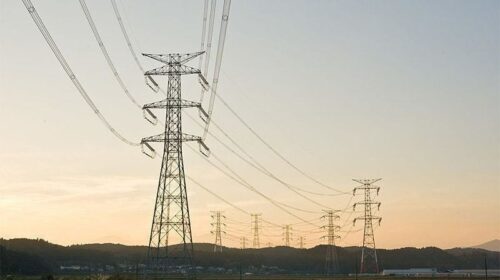Despite 67 per cent power supplies from cheap domestic resources with static prices, ex-Wapda distribution companies (Discos) have sought almost 116pc increase — Rs4.33 per unit (kWh) — in fuel price adjustment for electricity they sold in November to grab around Rs36 billion additional funds.
The National Electric Power Regulatory Authority (Nepra) has accepted their petition for public hearing on December 29 to examine if data and reasons provided by the power companies justified such a tariff increase under the monthly fuel price adjustment (FPA). The key reasons for putting additional burden on consumers appear to be over Rs13.5bn (Rs1.60 per unit) on account of some ‘previous adjustments’ or ‘supplemental charges’ and over Rs21bn higher costs of imported fuels consumed for just 33pc power generation.
It has increasingly become common that reference fuel costs approved by the government and the regulator turn out to be highly unrealistic — a question mark on their economic and financial analytical skills. In recent months, the actual fuel costs have ranged between 44pc and 58pc higher than the reference rate but this is the first time the difference has been almost 115pc.
This results in sudden price shocks to consumers on account of FPA on top of repeatedly increasing base power tariff at the behest of foreign lenders. This happens at a time when the government wants people to consume more electricity to reduce the impact of capacity charges.
On behalf of Discos, the Central Power Purchasing Agency (CPPA) has claimed that consumers were charged a reference fuel cost of Rs3.738 per unit in November but actual cost turned out to be Rs8.07 per unit, hence an additional charge of about Rs4.333 per unit to consumers in the coming billing month i.e. January.
The higher electricity rates, on a notification by the regulator, would be recovered from all consumers in the coming billing month (January) except those using less than 50 units per month. During the current billing month, the consumers have braved Rs4.75 per unit additional fuel cost.
Data showed that the share of domestic fuel sources in overall power generation in November was significantly higher than that of October. The share of priceless hydropower supply in the overall basket registered a healthy growth of 33.2pc in November compared to 23.26pc in October. However, the share of hydropower was significantly lower than 36.24pc in September and 35pc in August with no fuel cost.
This was followed by another major chunk of 17.5pc supply coming from nuclear power plants at just Rs1.024 per unit fuel cost. Nuclear power contributed about 12.33pc share to the national grid in October, 9.13pc in September and 10pc in August. Its fuel cost was also slightly lower than previous months.
Yet another big contribution of about 13pc came from domestic gas at a generation cost of Rs7.864 per unit. Its share also increased from 9.67pc in October, 8.9pc in September and 8.17pc in August. The fuel cost of power produced from local gas slightly increased from Rs7.8 per unit in October but was still lower than Rs8.3 per unit in September.





